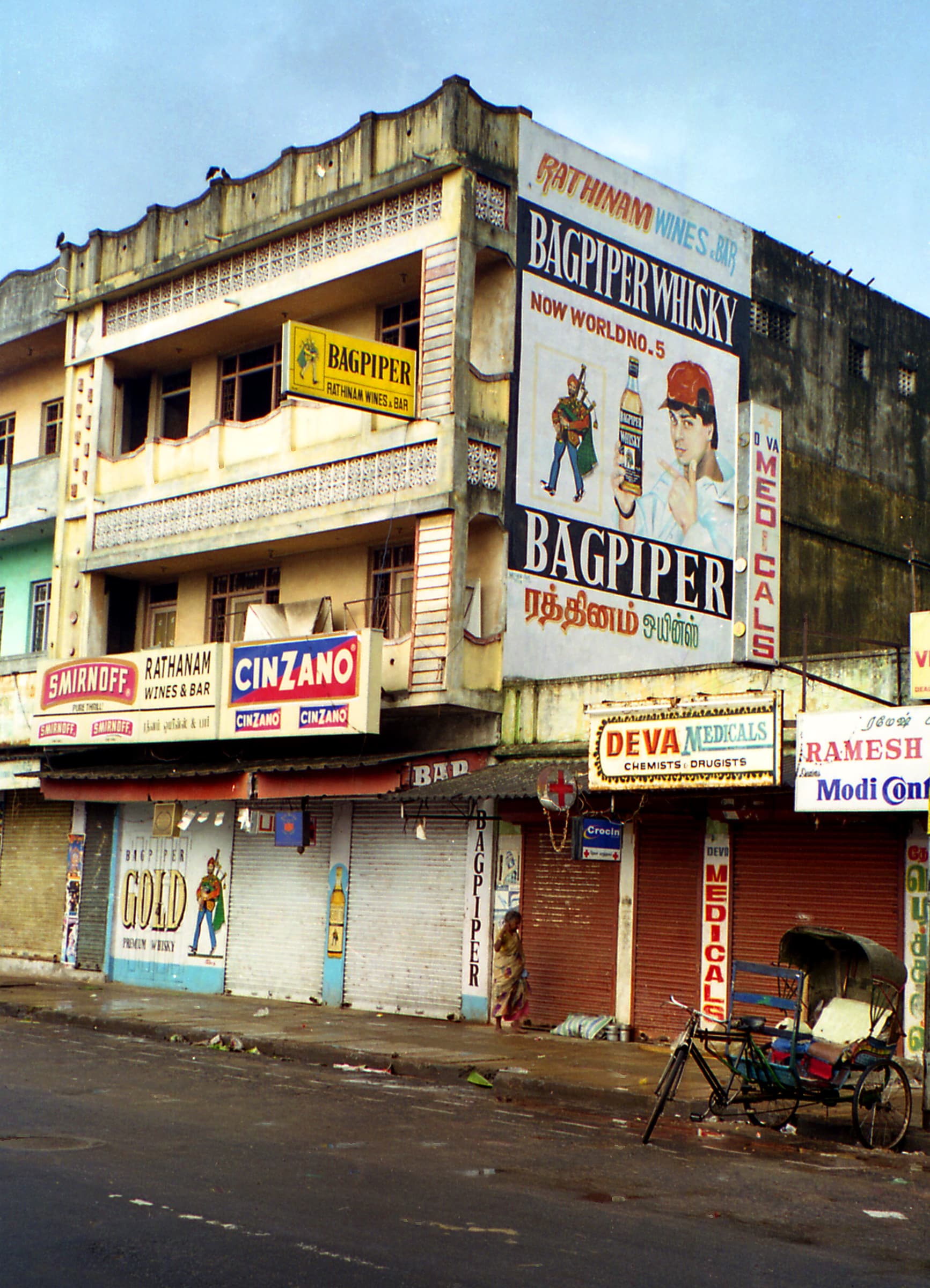 BBC News
BBC NewsBorrowing was £17.4bn last month, the second highest October figure since monthly records began in 1993.

Dinesh Dhamija
Alongside its population and GDP milestones, this year India celebrated another world first: it is now the largest global market for Scotch whisky, its consumers buying 219 million 700ml bottles in 2022 compared with France in second place, at 205 million bottles.
That in itself is big news. It demonstrates a sharp rise in disposable income among India’s middle class, now able to afford the 150 per cent tariff on imported Scotch.
What’s astonishing is that India’s huge imports comprise just 2 per cent of the whisky bought in the country each year, a market now worth around $18 billion.
Seven of the top 10 global whisky brands, by volume, are now Indian. They include Officer’s Choice, Royal Stag and McDowell’s, while premium brands such as Rampur, a single malt distilled in Uttar Pradesh and selling for the equivalent of £62.50 and Amrut’s Single Malt Whisky, distilled in Bangalore and selling for £50.25, are quickly gaining market share.
Single malts now make up a third of the whisky market in India, more than double the level of 2017. “Until just a couple of decades ago, alcohol was still a taboo subject in India,” says publisher Vikram Achanta. “Indian spirits, and bar culture, has really taken off in the past few years.”
Gujarat, home state of Prime Minister Narendra Modi (and Mahatma Gandhi) completely forbids the sale of alcohol, as does Bihar, Mizoram and Nagaland in northeast India. In fact illegal alcohol sale risks the death penalty in Gujarat. Other states such as Punjab impose a 25-year minimum age for drinking. Yet overall, drinking culture is becoming more popular.
Locally distilled spirits have a strong competitive advantage over Scotch, given the high tariffs. They’ve had to overcome initial prejudice among Indian consumers, who felt that imported Scotch was inevitably of a higher quality. That bias is fading fast. “There is a reverse underlying notion of Indian products being at par or even better than global products,” says Vinod Giri, head of the main Indian drinks trade organisation.
Four or five new single malt distilleries are in development, as companies rush to capitalise on changing tastes. As one Indian whisky connoisseur puts it: “When you get a single malt that’s as good or better [than imported Scotch], at less than half the price, it’s an offer you can’t refuse.”
A UK-India free trade deal would level the playing field for imported Scotch, potentially denting the upward momentum of local distilleries. But with the astronomical growth in the market and increasing international acceptance of Indian whisky as a premium product, there should be plenty of takers for wee Indian drams.
Dinesh Dhamija founded, built and sold online travel agency ebookers, before serving as a Member of the European Parliament. His latest book, The Indian Century, will be published in the Autumn.